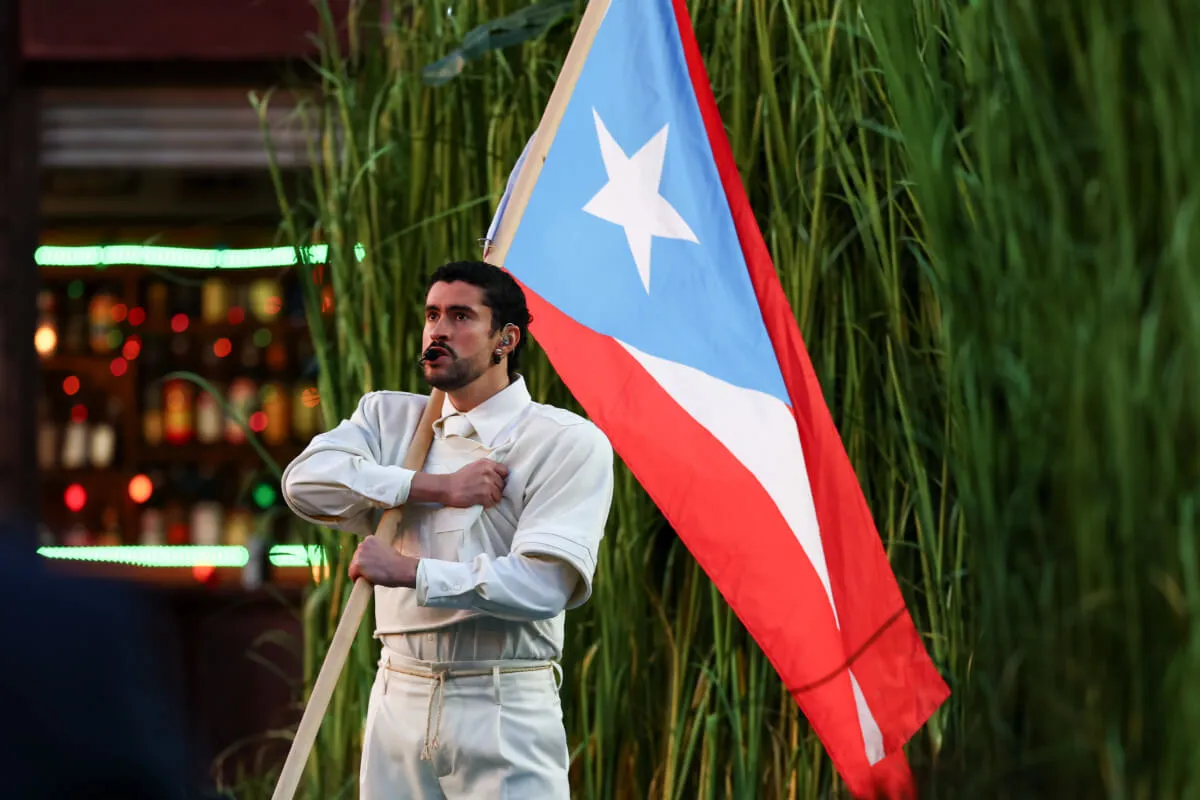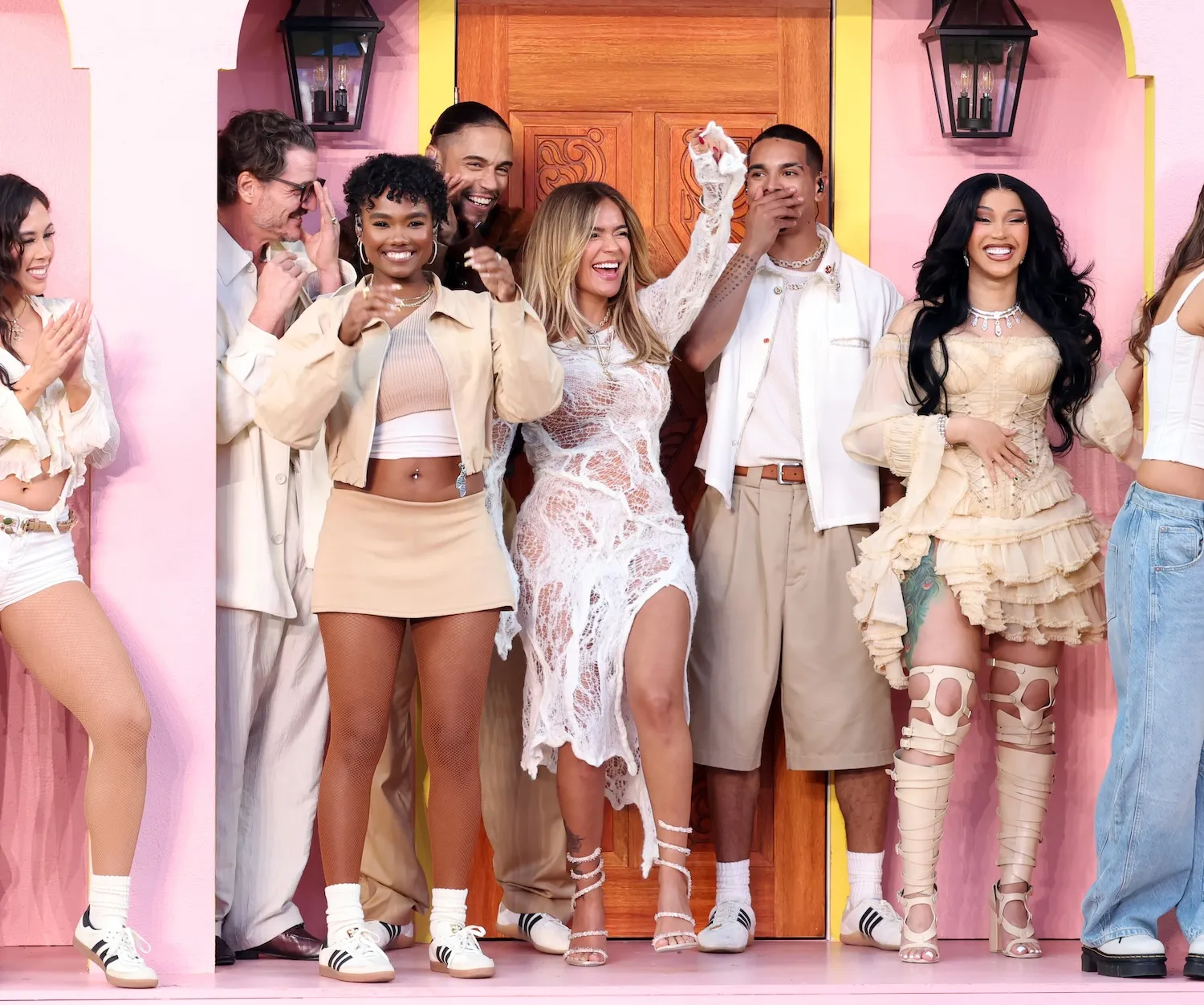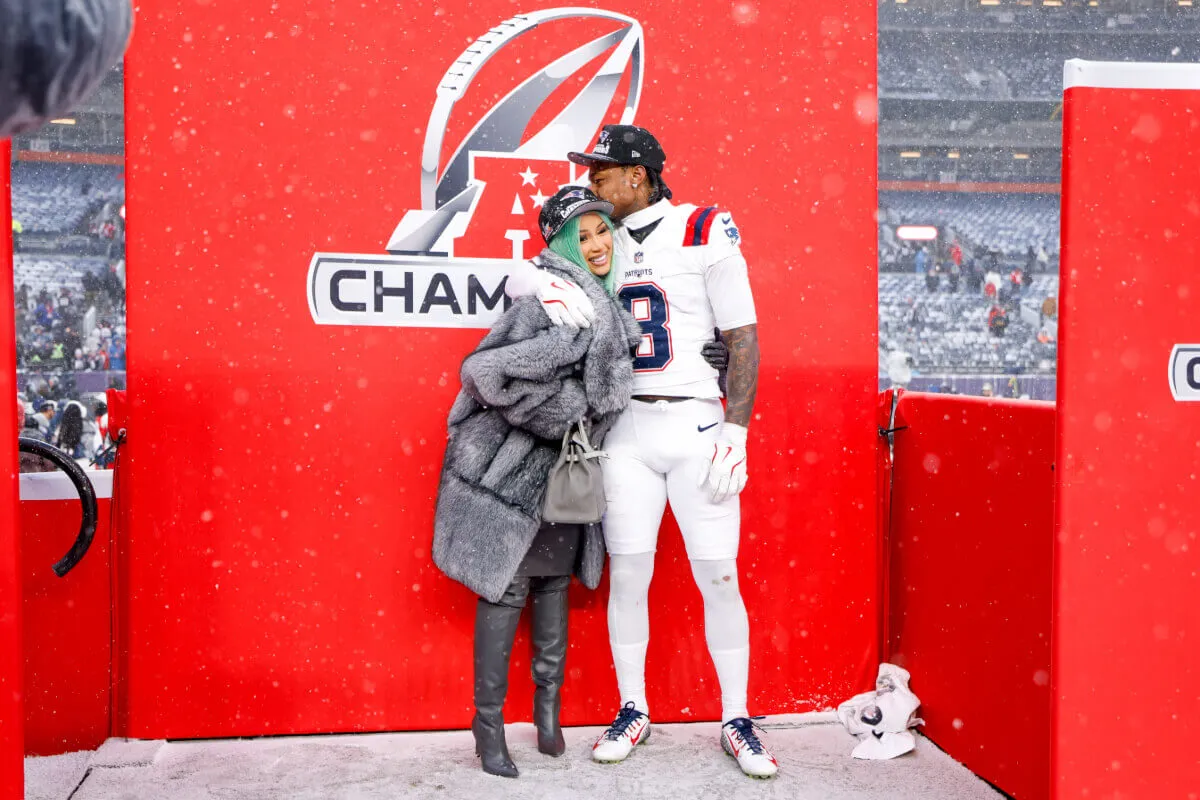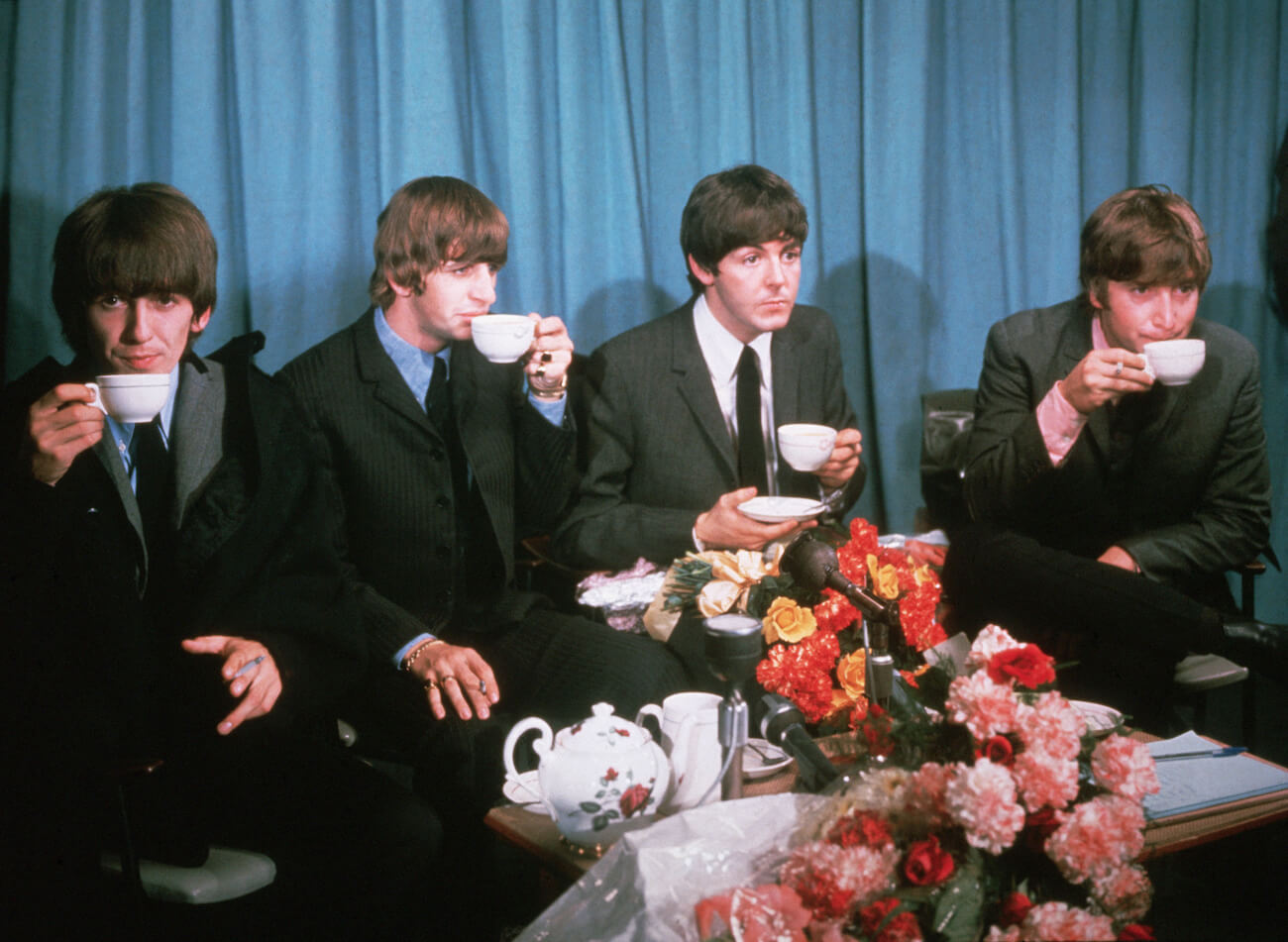
Paul McCartney Said ‘Eroticism’ Was ‘Very Much a Driving Force’ Behind Everything He Did in The Beatles’ Early Days
Paul McCartney said “eroticism” was “very much a driving force” behind everything he did in The Beatles‘ early days. Songs like “I Want to Hold Your Hand” and “I Saw Her Standing There” weren’t as innocent and sweet as we thought.
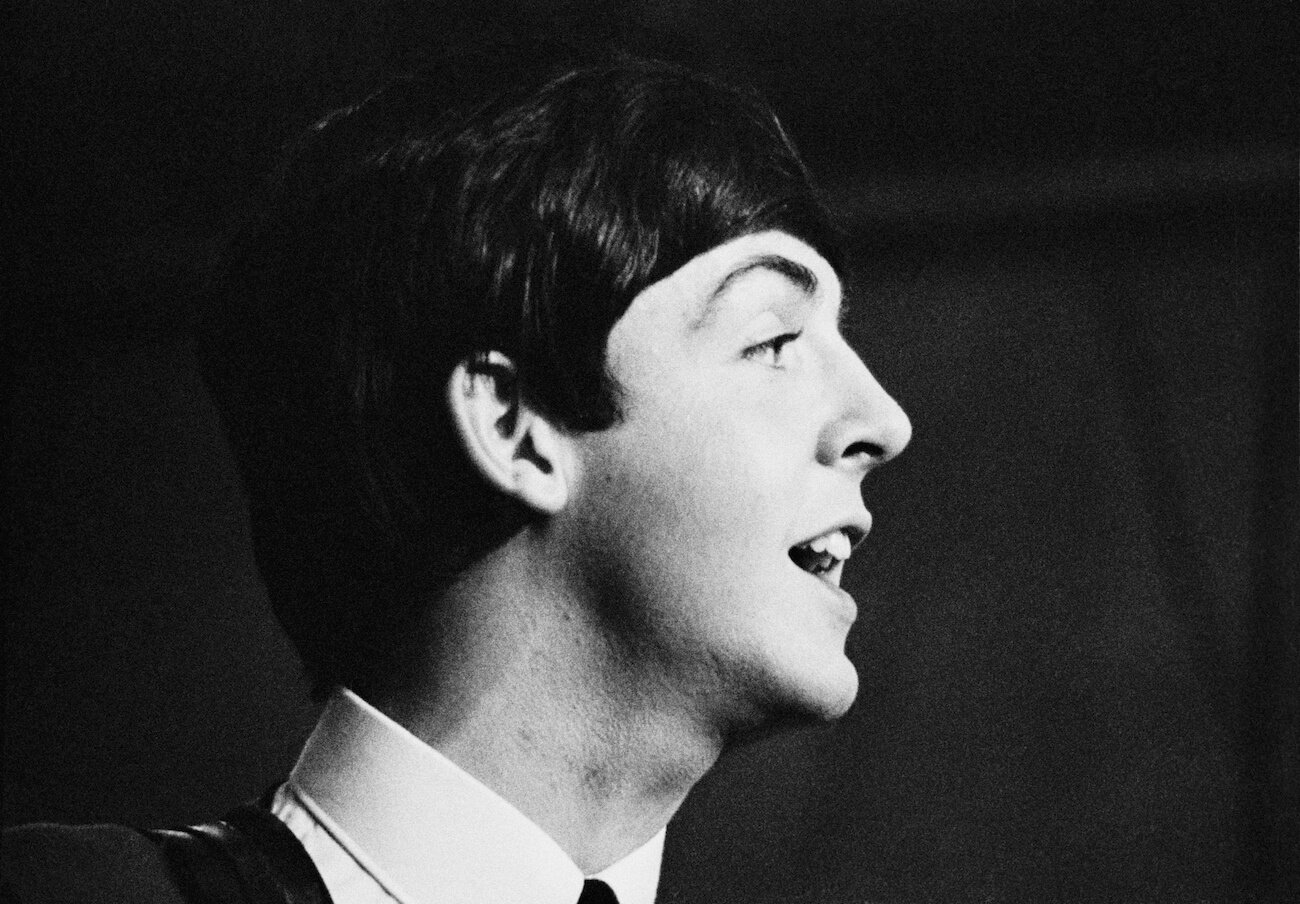
Paul McCartney said there was an ‘eroticism’ to everything he did in The Beatles’ early days
In The Lyrics: 1956 to the Present, Paul wrote that there was an eroticism “behind it all.” Although, if he’d heard himself use that word when he was seventeen, there would have been a “guffaw.”
“But eroticism was very much a driving force behind everything I did,” he wrote. “It’s a very strong thing. And, you know, that was what lay behind a lot of these love songs. ‘I want to hold your hand,’ open brackets, [and probably do a lot more!].”
‘I Saw Her Standing There’ has just as much innocent eroticism
Paul’s “I Saw Her Standing There” has just as much innocent yet erotic undertones as “I Want to Hold Your Hand.” Now, when he performs the song, he has to remember that it was his teenage self talking.
In The Lyrics, Paul wrote that singing “I Saw Her Standing There” and other songs from The Beatles’ early days is like “reviewing the work of an eighteen-to-twenty-year-old boy.”
“I think this is very interesting because it’s got a naïveté – a kind of innocence – that you can’t invent,” Paul wrote. You can undoubtedly hear Paul’s naïveté about love.
Later, at a White House event, Jerry Seinfeld joked, “Paul, you know, I’ve been looking at ‘She was just seventeen/ You know what I mean’; I’m not sure we do know what you mean, Paul!”
Paul and John Lennon aimed their songs at their fans in The Beatles’ early days
Songs like “I Want to Hold Your Hand” did have a certain amount of eroticism. However, Paul doesn’t think any of those early love songs were about a specific person, including his then-girlfriend, Jane Asher. Paul and John Lennon aimed many songs at their fans in The Beatles’ early days.
“We were just trying to get more and more people to like us,” Paul wrote. “It was still a thrill that people liked us and would go to great lengths to show us that, like writing letters to us. Our efforts at reaching out to the fans were summed up in one of our early songs, called ‘Thank You Girl.’
“All our early stuff had personal pronouns in the titles… It was all very personal, so that we were reaching whoever was listening to the song… To tell you the truth, I think we were writing more to a general audience. I may have been drawing on my experience with a person I was in love with at the time – and sometimes it was very specific – but mostly we were writing to the world.”
Whoever Paul was writing those early Beatles songs to, he knew exactly what to say to get the world’s blood pumping.
